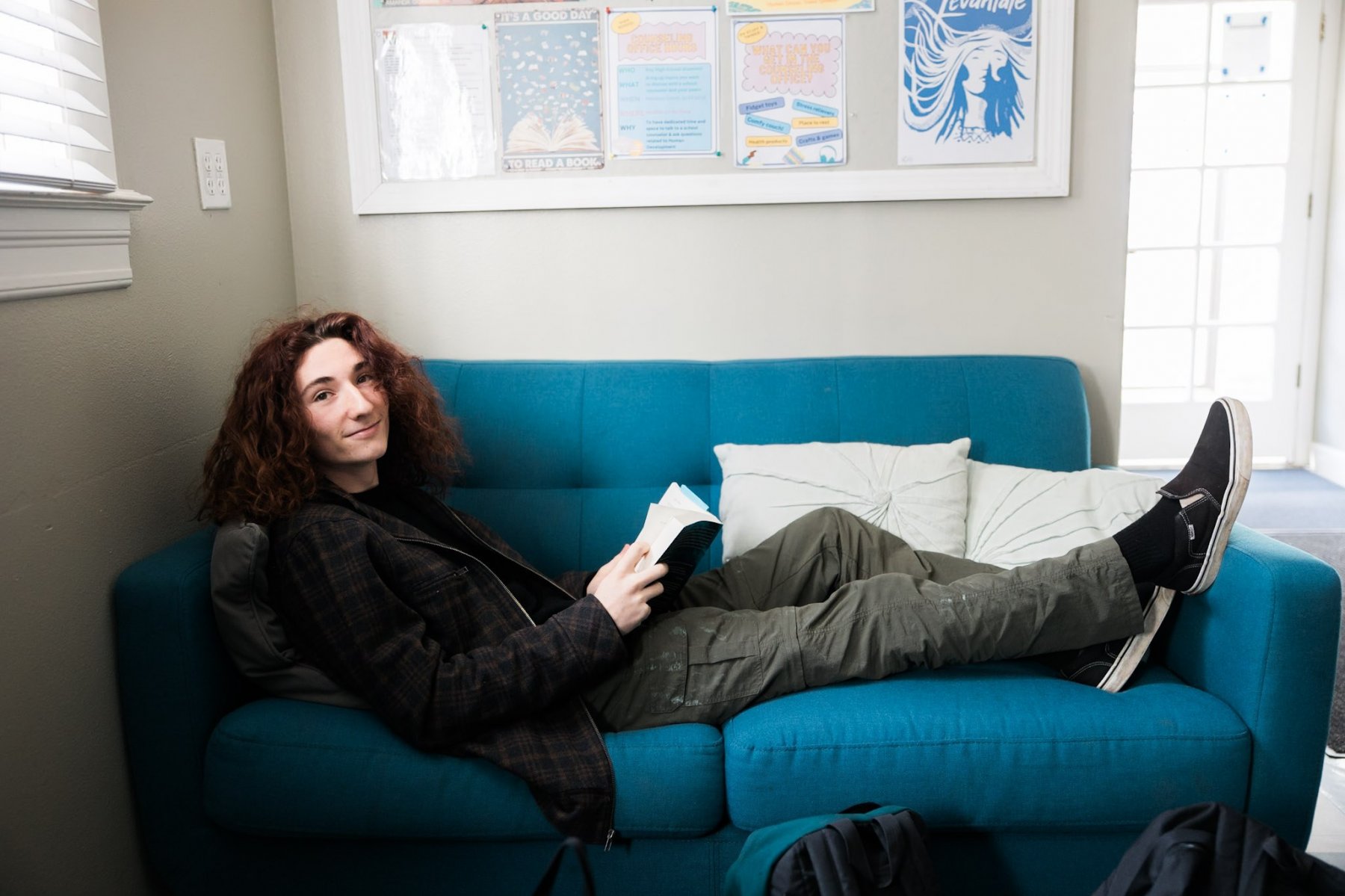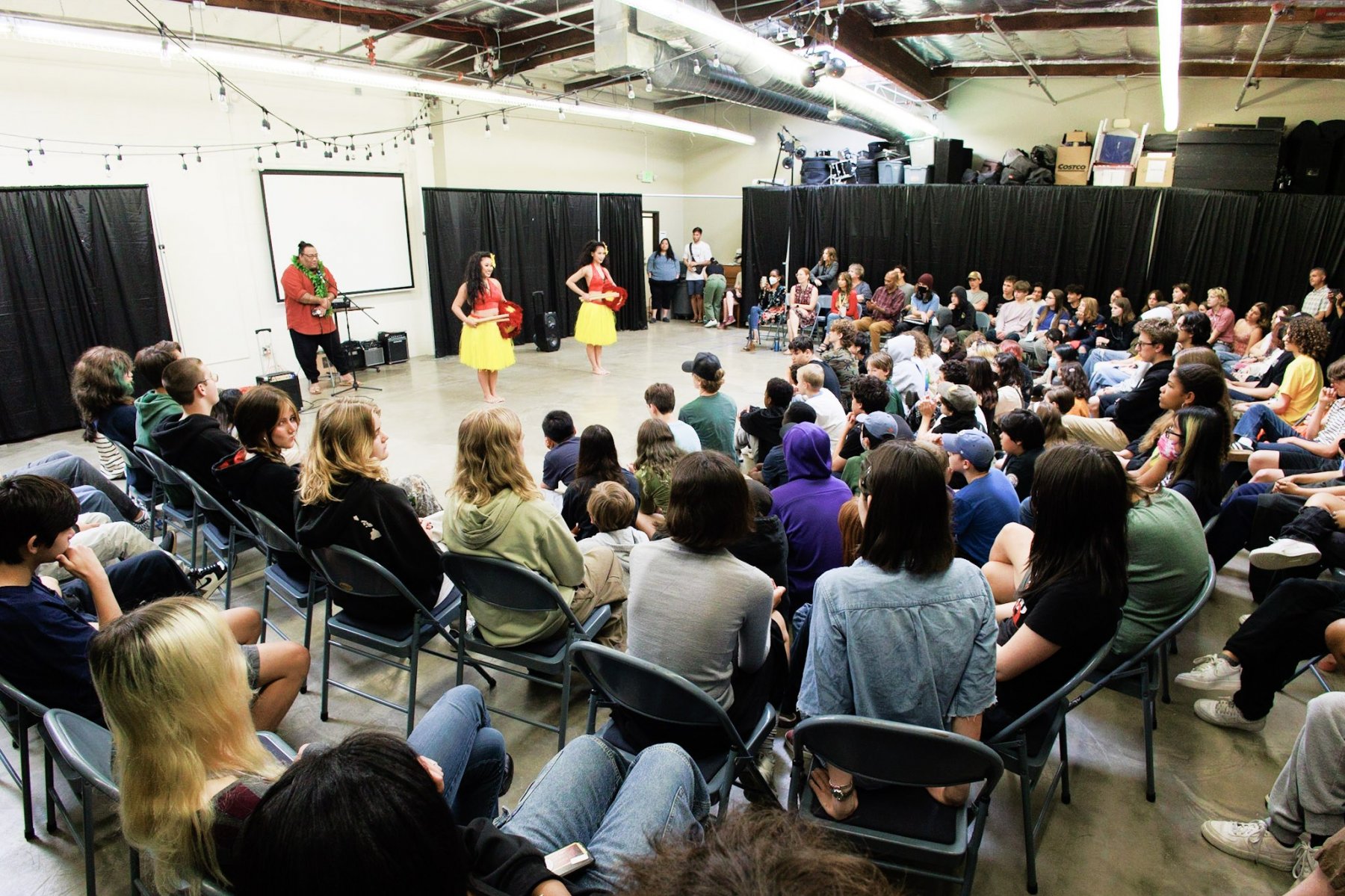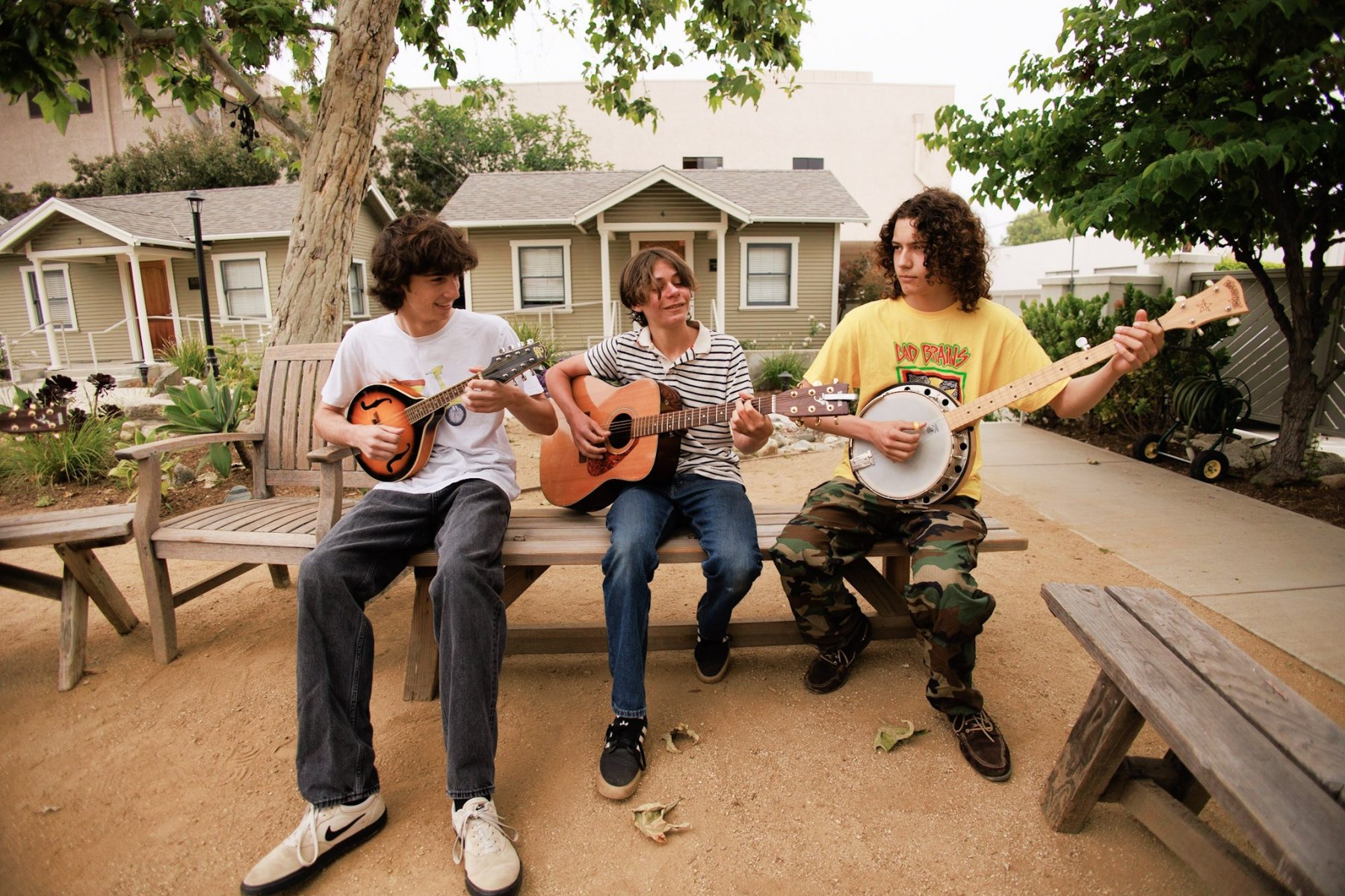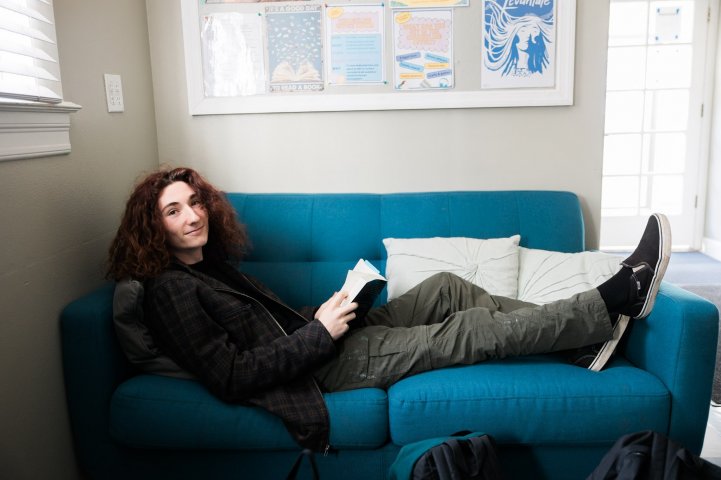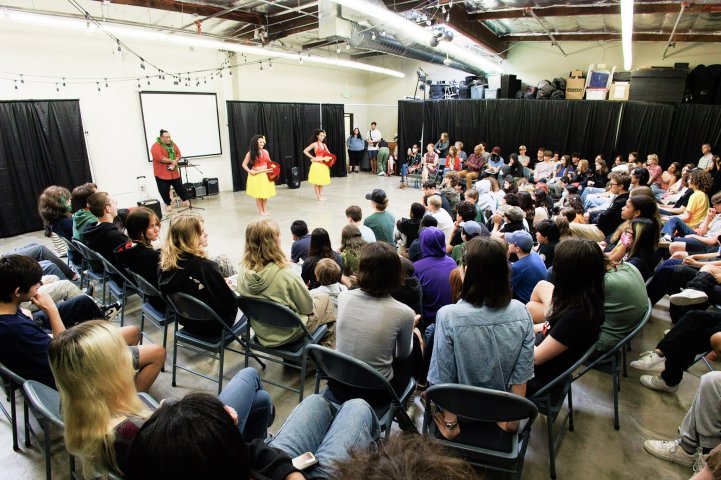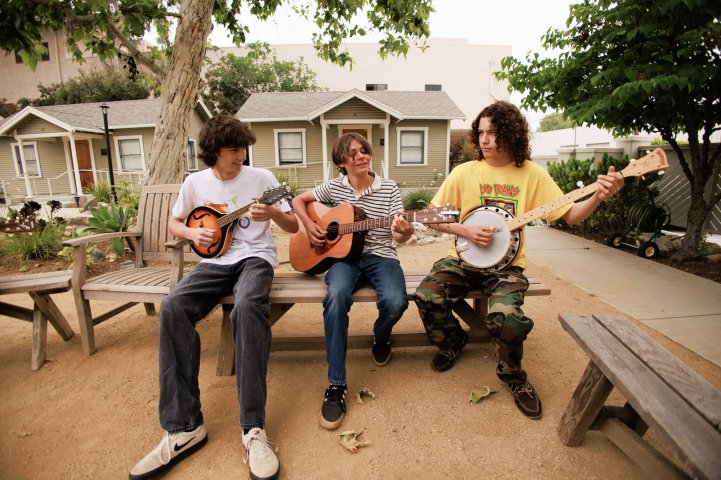Student Life
Student Leadership and Clubs
High school students serve their community and learn leadership skills by joining the Ravens. Ravens help conduct admissions tours, sponsor prospective student events and visits, host the annual Red Cross blood drive, organize fund-raising events, lead assemblies, and run the spring prom (open to all high school students). Student interest also determines extracurricular clubs (past clubs have included a ukelele club, an animé fan club, a Jewish Student Union, a gay-straight alliance, and an environmental activists club).
Service Learning
Service to the greater community is one of the basic commitments upon which The Waverly School was founded. We use the term “service learning” rather “community service” because we strive to create curriculum that inspires involvement and action locally and globally. We encourage and support students to do their service learning in areas that reflect their passions. Some of the service is organized during school hours; additionally, the assistant head of school will make periodic announcements about service opportunities. High school students are required to participate in a total of 60 hours prior to graduation.
Advanced Placement Classes
Several courses, particularly in the humanities and sciences, can be taken for Advanced Placement (AP) credit. The requirements for AP include an increased and more difficult reading load, additional meeting time with the teacher, and a commitment to intense independent study. Some AP courses require a supplementary summer session for an additional fee. All students enrolled in an AP class must take the AP exam in order to receive AP credit on their transcripts.
Conferences + Study Block
At the high school, two 30-minute conference blocks offer students time to meet one-on-one with teachers. This time is used to discuss areas for growth as well as areas of success. In addition, high school students have a daily study block built into their schedule. Students are encouraged to do homework during this time, in part to limit how much time is spent on homework at home.
Physical Education
Waverly’s physical education program aims to build lifelong, healthy exercise habits. All students in the 9th and 10th grades are required to complete physical education units. Given the varying needs of the community, Waverly offers multiple options for fulfilling the physical education requirement. Students can earn a physical education credit for a given school year in the following ways:
• Participation on a school team for one season.
• Participation in two seasons of CrossFit at a local gym.
• Consistent, documented participation in a club sport or class outside of school.
Athletics
High school students participate in the International League, affiliated with the California Interscholastic Federation (CIF) in girls’ and boys’ basketball and volleyball. Student interests determines club sports each year. In the past, Waverly students have enjoyed soccer, golf, tennis, hiking, cross-country, camping, pool (billiards), Ultimate Frisbee, Bollywood dance, and cheerleading. Read more about athletics.
Human Development
Our Human Development program is based on the Body Trust modality (body image, body diversity awareness, what it means to occupy and care for your body), the Our Whole Lives curriculum (knowledge, life principles, and skills necessary to express sexuality in life-affirming ways), and greatly influenced by social and racial justice, intersectional feminism, shame resilience theory, self-compassion, relational cultural theory, and mindfulness-based approaches. Our spaces are intentionally gender spectrum affirming. Names, pronouns, and expressions of identity can be fluid at all ages and stages and as such, we pay attention and check in often.
The three most important tenets of our trauma-informed Human Development program are Body, Identity, and Relationships, which separately and together affect everything we are and do as ever-developing humans. Sexual and gender identity, sexual health and reproduction, intimacy and consent, sensuality, and sexualization are woven throughout our discussions, as is the idea of values: our own and those of family, friends, and culture.
Outdoor Education + Field Trips
Outdoor education excursions typically occur in the spring. Options have included rock climbing in Joshua Tree, exploring music and the recording industry in Nashville, and staying in Los Angeles to produce a music video. Every other academic year, juniors and seniors have a chance to go to Costa Rica to live with local families, shoot whitewater rapids on a raft trip, and contribute to the local area by helping with a community service project.
Day-long field trips include visiting the Getty Villa or the Norton Simon Museum, exploring Little India in Artesia with the Bollywood Dance Club, reinforcing physics concepts at Six Flags Magic Mountain, and seeing local cultural exhibits or performances that fit in with the curriculum.
Trips are designed to accomplish many objectives:
- For students to enjoy and learn about the world around them
- To challenge themselves individually and as a team
- To bring students and faculty together away from the pressures of school.
Unless a student cannot attend for a medical reason, all students are expected to participate.
